Riyadh sees realignment of regional ties as ‘key to its political future’: Analyst
By Ali Ghorban Bagheri
Since becoming heir to Saudi Arabia’s throne in 2017, Mohammad bin Salman (MbS) has put the oil-rich kingdom through a roller-coaster ride: One that saw Riyadh aligning its foreign policy more closely with the United States, only to grow disenchanted with its lack of desirable outcome, and beginning to explore alliances in the East.
Saudi Arabia’s recent reconciliation with Iran, in particular, stands out in this new regional dynamic. The rapprochement was formally announced in China on March 10, when the two countries set out a two-month roadmap to normalize diplomatic and economic relations after a seven-year rupture.
The détente has huge potential for the entire Middle East, confirming Washington’s waning influence in the region while holding the key to ending regional conflicts and bringing Syria back to the Arab fold.
Saudi Arabia's shift in position reflects a reassessment of its previous alignments and recognition of the changing global order, a Middle East analyst told the Press TV Website in an interview.
The policy shift, Juma al-Atwani asserted, can be attributed to several factors, chief among them a sense of letdown within the kingdom that the concessions it made to the United States did not yield “tangible benefits” for Saudi Arabia.
“Giving concessions to the United States had no limits or boundaries,” he said. “The $400 billion deals with the US, along with billions of dollars more paid over the Justice Against Sponsors of Terrorism Act (JASTA) and the hush money over the Jamal Khashoggi case had no benefit for Saudi Arabia.”
Significant in the new reality of the region has been Syria’s liberation from terrorism and the return of its political system to normalcy, the analyst emphasized.
Saudi Arabia and its allies' failure to achieve victory in Syria, despite their enormous campaign of financial, military, and intelligence support for militant groups fighting to dislodge the government of President Bashar al-Assad, exposed their ineptitude to sway the outcome of the conflict militarily, he pointed out.
Saudi Arabia knew that “Syria would have returned to the Arab League even without its support, and in that case, it would have been marginalized and other Arab countries would have separately proceeded to advance their relations with Syria,” al-Atwani said.
Twelve years after finding itself in the grip of a foreign-backed militancy, Syria has returned to the Arab fold in a gradual but steady process that culminated with a decision last month by the Arab League to restore the country’s membership.
Saudi King Salman bin Abdulaziz then invited President Assad to attend an Arab League summit in Jeddah, which was held on May 19.
Al-Atwani said Saudi Arabia sees resuming relations with Syria as part of its new policy shift towards regional countries.
“Syria's invitation to the Riyadh summit, the normalization of relations with Tehran, and accepting the existing reality in Yemen, are all in line with Saudi Arabia's alignment with the changes in West Asia,” he noted.
Moreover, Saudi Arabia's significant setbacks in Yemen, while enjoying military and financial backing of the US, further eroded Riyadh’s confidence in its alignment with Washington, al-Atwani said.
An emerging world order
The analyst also pointed to the emergence of a new global multi-polar order as another major factor causing Saudi Arabia to re-calibrate its old approach by moving away from the West and toward the countries that are at the center of this new world order.
“Today, countries such as Russia, China, Iran, and other Western Asian nations form the building blocks of this new system. This new order… led Saudi Arabia to gradually realize that it can align itself with this bloc,” he opined.
Whereas the United States pursues a policy of "dominance and reliance", the opposing bloc seeks to foster political and economic cooperation with its allies, potentially making it more appealing for rivals such as Saudi Arabia, the analyst explained.
In essence, America’s catastrophic foreign policy in West Asia and its political and economic decline at home has “sent a message to the Saudi crown prince that striking the right balance in its relations with the US and its adversaries in the East is key to Saudi Arabia’s political future.”
Saudi Arabia has also been monitoring with keen interest how the United States and its NATO allies have failed to achieve their objectives in Ukraine, more than a year after provoking Russia into a full-blown military confrontation with its neighbor. “This has led regimes like Saudi Arabia to come to believe that they cannot rely on American support,” al-Atwani noted.
Turning to Saudi relations with Iran, the analyst said that the Islamic Republic’s success in overcoming the US pressure campaign has convinced bin Salman that relying solely on Washington could be a strategic mistake.
This, combined with Iran’s assertion that differences can be resolved through dialogue and diplomacy and that stability in the region can only be achieved through regional cooperation, further prodded the Saudi leaders to revise their strategy, he said.
Al-Atwani, however, cautioned that it might be too soon to say that Saudi Arabia will not change its newly-adopted policy under Western and Israeli pressure.
“Saudi Arabia's adoption of the new policy does not mean Riyadh is abandoning its strategic relations with the United States, the West, or even Israel,” he concluded.
Araghchi says Iran satellite program ‘entirely peaceful’ ahead of triple launch
Venezuela's oil grab reveals Trump’s ‘supremacist, colonialist’ agenda: Analyst
VIDEO | Gaza’s remaining Christians gather in prayer amid war and loss
Iran FM: US pursuing 'law of jungle' over diplomacy
VIDEO | Gaza’s hospitals face collapse as shortages halt surgeries
At least 5 killed in terrorist attack on mosque in Syria’s Homs
Israeli airstrikes hit eastern, southern Lebanon in fresh ceasefire breach
Japan approves record defense budget amid tensions with China


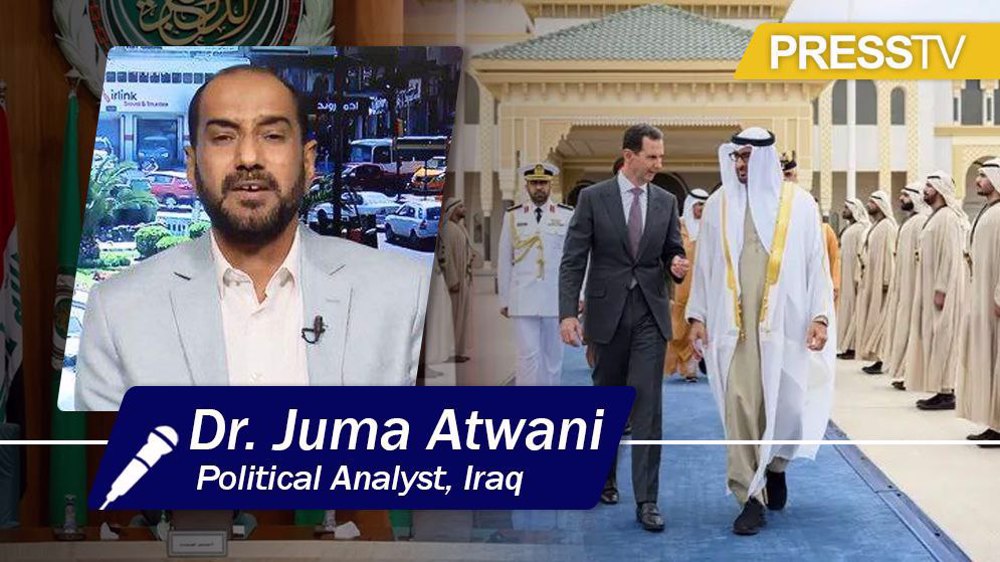
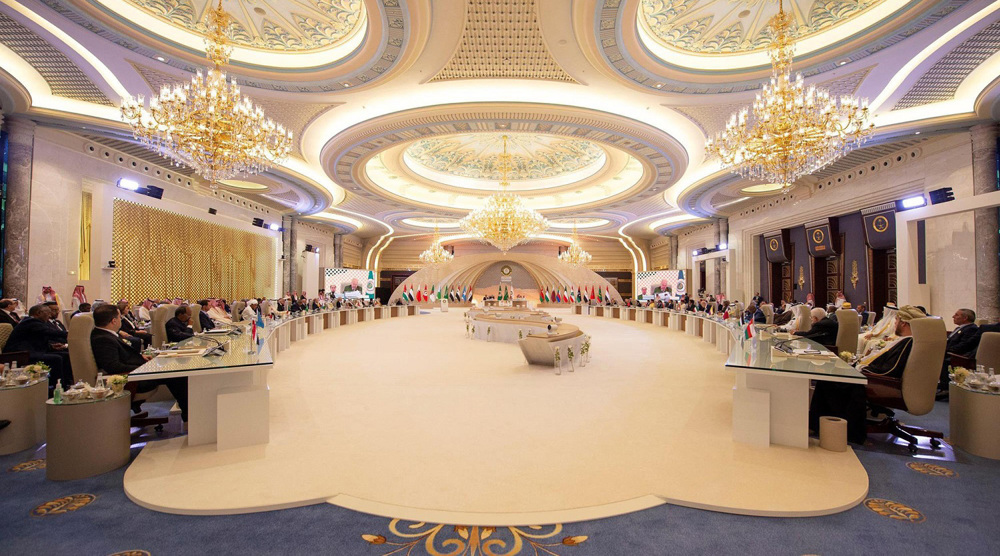
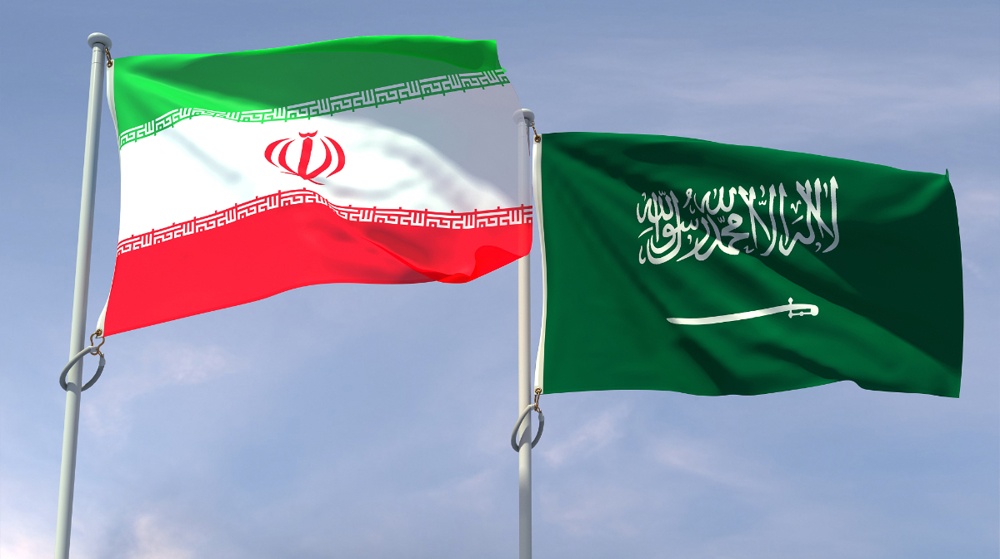

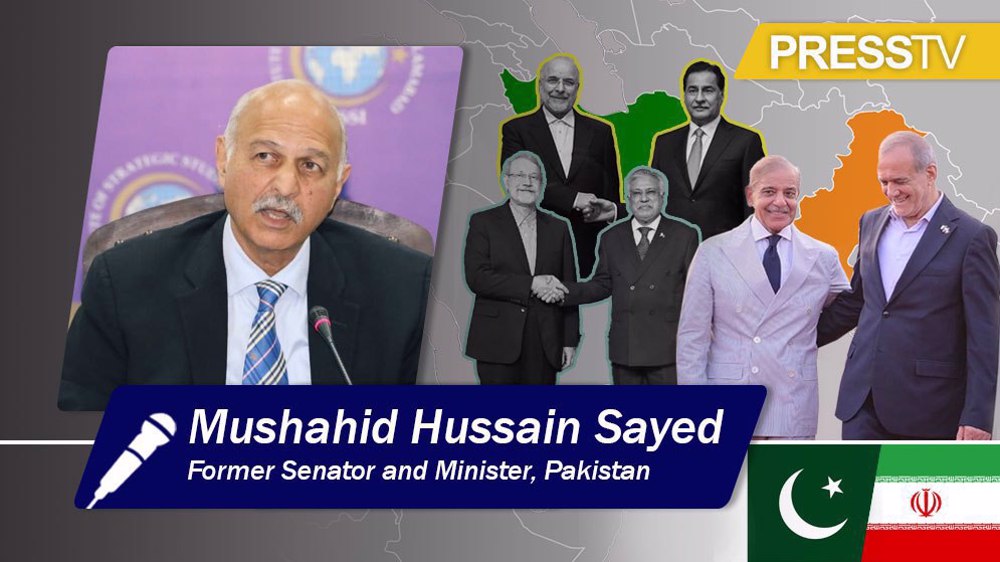
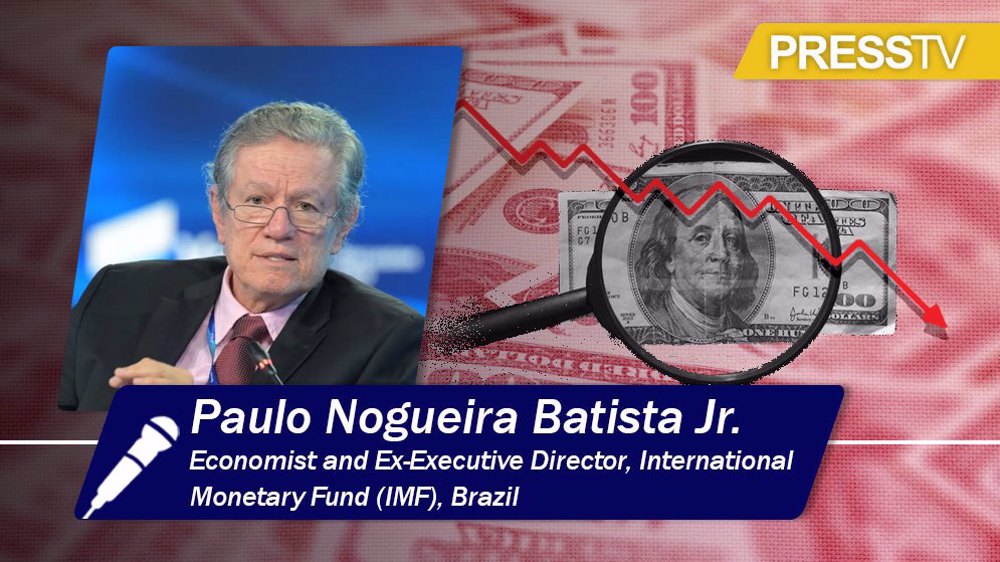




 This makes it easy to access the Press TV website
This makes it easy to access the Press TV website